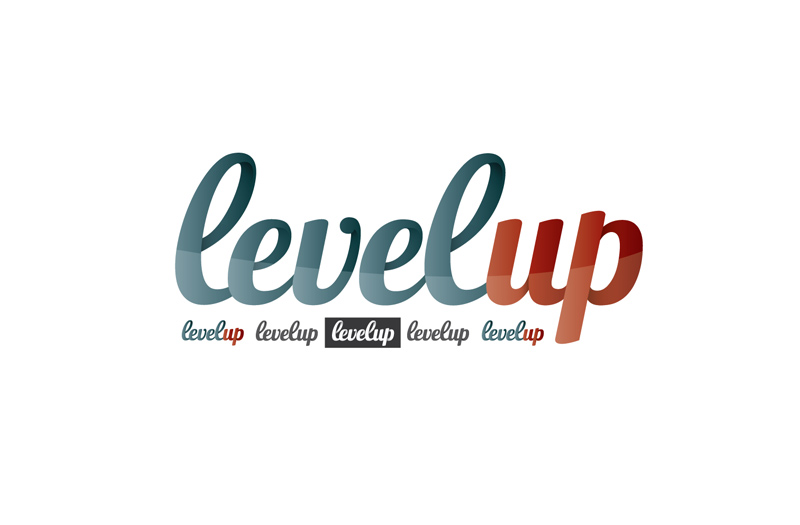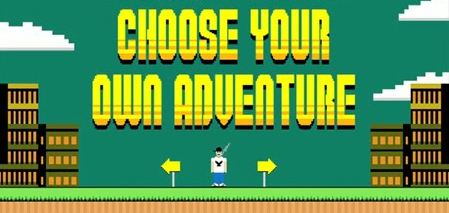As I was coming up with ideas for gamifying my own classes, my brainstorming turned into daydreaming about the ultimate gamified school.
 |
| I wish Deviantart wasn't blocked at my school. |
In the games...
Most RPG's have two big things in common: experience points (XP) and leveling up. You gain XP in games by doing pretty much anything. Certain challenges naturally gain you more XP and are therefore more enticing to complete. As you gain XP, eventually you "level up." Leveling up means unlocking new content, whether it be new challenges, new equipment, or whatever else.
In my hypothetical charter school...
When you complete assignments, you gain XP. Each subject has its own XP tracking, and leveling up happens within subjects. But there's a general XP for the whole school. All subject XP gets counted in the general pool. And you can gain general XP elsewhere: joining clubs, trying out for a team, participating in extracurriculars, entering competitions, and more. Let me illustrate with a bulleted list of a hypothetical student's XP totals:
- Math — 48, "Leibniz" level 2
- Science — 120, "Goodall" level 5
- History — 83, "Lincoln" level 3
- Extracurriculars — 59, "Participator" level 2
- Total — 310, "Squire" level 2
This style of school enables students to see their specialization. They not only have an overall level and overall XP, but subject levels and subject XP. Teachers could also integrate cross-curricular work. You don't have to be in a math class to gain math XP. You could be doing math in a science or woods class.
At some point, students may be required to achieve a certain level in other classes before continuing on in their chosen specialty. You might want to take a yearbook class, but it requires certain levels to have been achieved previously.
 |
| A sample badge from classbadges.com. |
In the games...
Another, more recent development in games these days is the achievement system (as it's known on Xbox 360). In every game, there are certain achievements to accomplish. They really don't amount to anything, they're just fun to see completed. Many happen just from playing through the regular game, and the rest you have to go out of your way to accomplish.
In my hypothetical charter school...
I think badges are more fun than Xbox Achievements. They're prettier, like merit badges in scouting. I'm not sure if I want them to continue to be worthless, like on the Xbox, or have merit, like in scouting, where there are required and optional merit badges to achieve certain rankings. I'm leaning toward the former. Teachers could put a leaderboard in their classroom or on their website that lists all badges earned by students.
 |
| I searched for "mii" and this was the best one I saw. |
avatar: a graphical representation of the user
In the games...
On Mass Effect, you can customize your character's appearance to look as much like you as possible, or you can customize it to look like what you wish you looked like. On the Nintendo Wii, you create what's called a Mii, a cartoony, armless version of yourself. Microsoft ended up adding their own avatar feature to the Xbox 360. There are even apps that do nothing more than allow you to create avatars.
In my hypothetical school...
I think the avatar could add a level of anonymity and security for students, if they want it. They wouldn't be anonymous to the teachers, but on discussion boards, it would help students be more open to participate in discussions if their peers don't know who they are. But where bullying often happens online behind the curtain of avatars, teachers would still have access to the information to be able to moderate. Plus, it's just fun to create a graphical version of yourself.
Additionally, referring to #5, currency could be used to purchase additional goods to dress up and accessorize your avatar.
 |
| The level up screen from Jetpack Joyride. It's fantastic. |
In the games...
This idea mostly came from Jetpack Joyride, which isn't an RPG, but it does have leveling up and each level had a nick name. There are 15 levels, including Beginner, Hot Shot, and Ninja.
In my hypothetical charter school...
Rather than just pull levels out of thin air, they'd apply to the subject. It could be names of people or jobs, like Galileo or Astronomer for the science levels. The general category could pull ideas from the mascot. Ours is the Knight, so there could be anything from Squire to Baron to King, but an Eagle mascot could use other similar birds that are smaller, or bird categories like Scavenger or Bird of Prey.
Once again, it's probably not something that will directly influence what students learn, but it would just be another form of motivation.
 |
| Mass Effect Infiltrator upgrade screen. |
In the games...
XP often comes with some virtual money, money that can be used to equip your character. You can buy upgraded weapons, armor, ammunition, etc.
In my hypothetical school...
As in the games, currency could be earned alongside XP, but it doesn't always have to be that way. Teachers could incorporate currency incentives for things that aren't really subject-related. For example, one of your students is having trouble, and before you can get there, another student steps in to help. Show her your appreciation and reward her a few virtual dollars. Maybe one class period makes a mess, and a few students stick around to help clean up. Administrators could give it out for good behavior they see.
This virtual currency could be used to purchase all sorts of different prizes. You could use it to buy school memorabilia. Teachers could sell hall passes or certain amounts of free time. You could buy your way out of a tardy or a behavior mark. Maybe you could buy a ticket for the spirit bus to go to an away game. I had a business teacher in seventh grade who had fake paper money that you earned from completing assignments, and at the end there was a big auction for a variety of cheap treats.
Back to real life...
But I'm just a regular teacher, to I have to find ways to incorporate the best and easiest of these strategies. I'll continue to reflect on them on this blog.


No comments:
Post a Comment